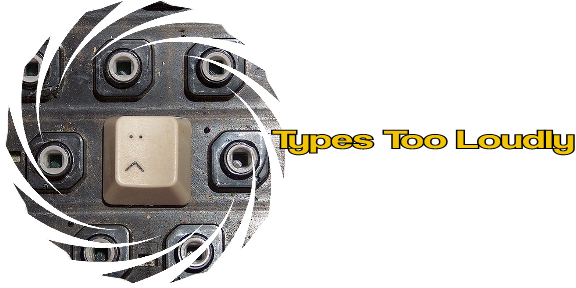Q: An original hard copy text is put into digital form verbatim. N. Katherine Hayles calls this media translation and says 'something is gained as well as lost." Peter Shillingsburg says if the text is stored accurately on a second storage medium, the text remains the same though the signs for it are different. Discuss what can be gained and lost in media translation, if anything.
Response:
When a text is copied verbatim, the wording obviously remains the same and yet an equivalent rendition of the original text is not always achieved. A different font my be used, a new background, italics could be employed instead of cursive writing, the ink may not be worn in the translation in the same places that show wear in the original. Much like the differences observed when multiple people read the same speech, perform the same dance, or play the same musical song, each instance of translation can alter the way by which text (and context of that text) interact and impact others. The question here ought not to focus on "whether or not there are differences" but rather whether or not those differences matter. Is there any great significance? Personally, I would say that in most cases there is not. Undeniably there are other extreme cases where it would matter, but those seem the exception rather than the rule. Overall, Shillingsburg seems to support my view moreso than Hayles but I would regard both as holding positions at extreme ends in need of finding a common ground.
Subscribe to:
Post Comments (Atom)


No comments:
Post a Comment